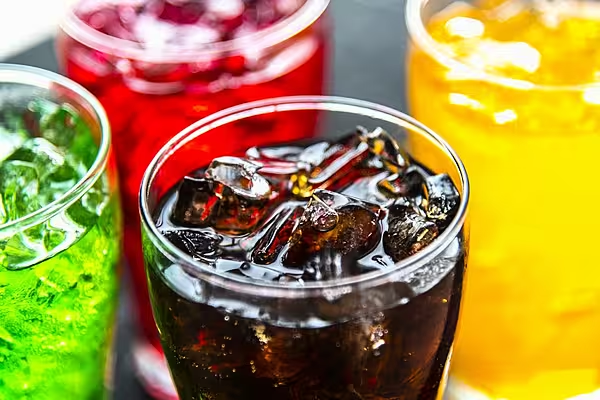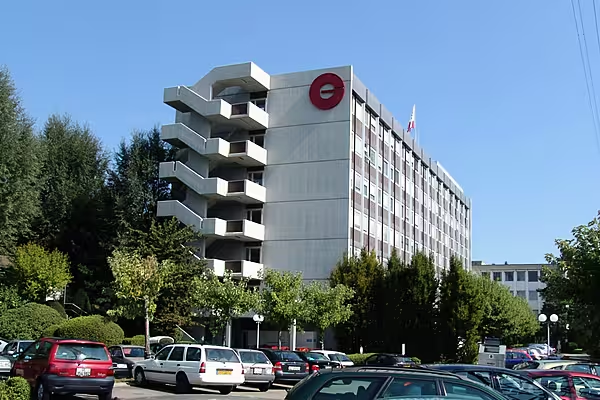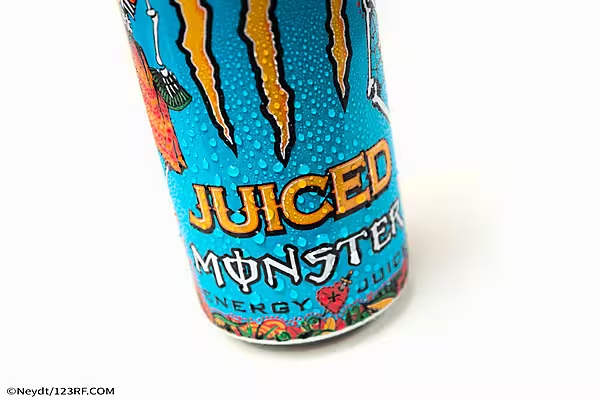Singapore will ban advertisements of certain fizzy drinks and juices, its health ministry said on Thursday, part of a raft of measures to curb consumption of sugar in the city-state, which has some of the world's highest diabetes rates.
Under the measures, further details of which will be released next year, high-sugar drinks will also be required to bear health warnings on labels.
Advertising Restrictions
Singapore's action appears to go further than measures in other countries such as Mexico and Britain, which restrict when advertisements for high-calorie food and drinks can be shown on television to limit their exposure to children.
"We will introduce an advertising prohibition of product advertisements for the least healthy SSBs on all local mass media platforms, including broadcast, print, out-of-home and online channels," the health ministry said in a statement, referring to sugar-sweetened beverages.
Singapore is also considering taxes on sugary drink makers and importers, and even a total ban on the sale of some beverages, the ministry said.
The Coca-Cola Company, the world's biggest beverage maker, said it welcomed the plans and would work to reduce sugar levels in its drinks sold in Singapore.
Recipe Rethink
"We will continue to rethink many of our recipes in Singapore to reduce sugar, because while sugar in moderation is fine, we agree that too much of it is not good for anyone," said Ahmed Yehia, country manager for Coca-Cola Singapore and Malaysia.
"We foresee minimal impact on our portfolio from this announcement," he added.
Singapore's health ministry said it would consult consumers, drink makers and the advertising industry in coming months over the measures without giving a timeline for implementation.
Wealthy Singapore has one of the highest rates of diabetes in the world, partly caused by its fast-ageing population and a culture of eating out at inexpensive hawker centres.
News by Reuters, edited by ESM. Click subscribe to sign up to ESM: European Supermarket Magazine.











